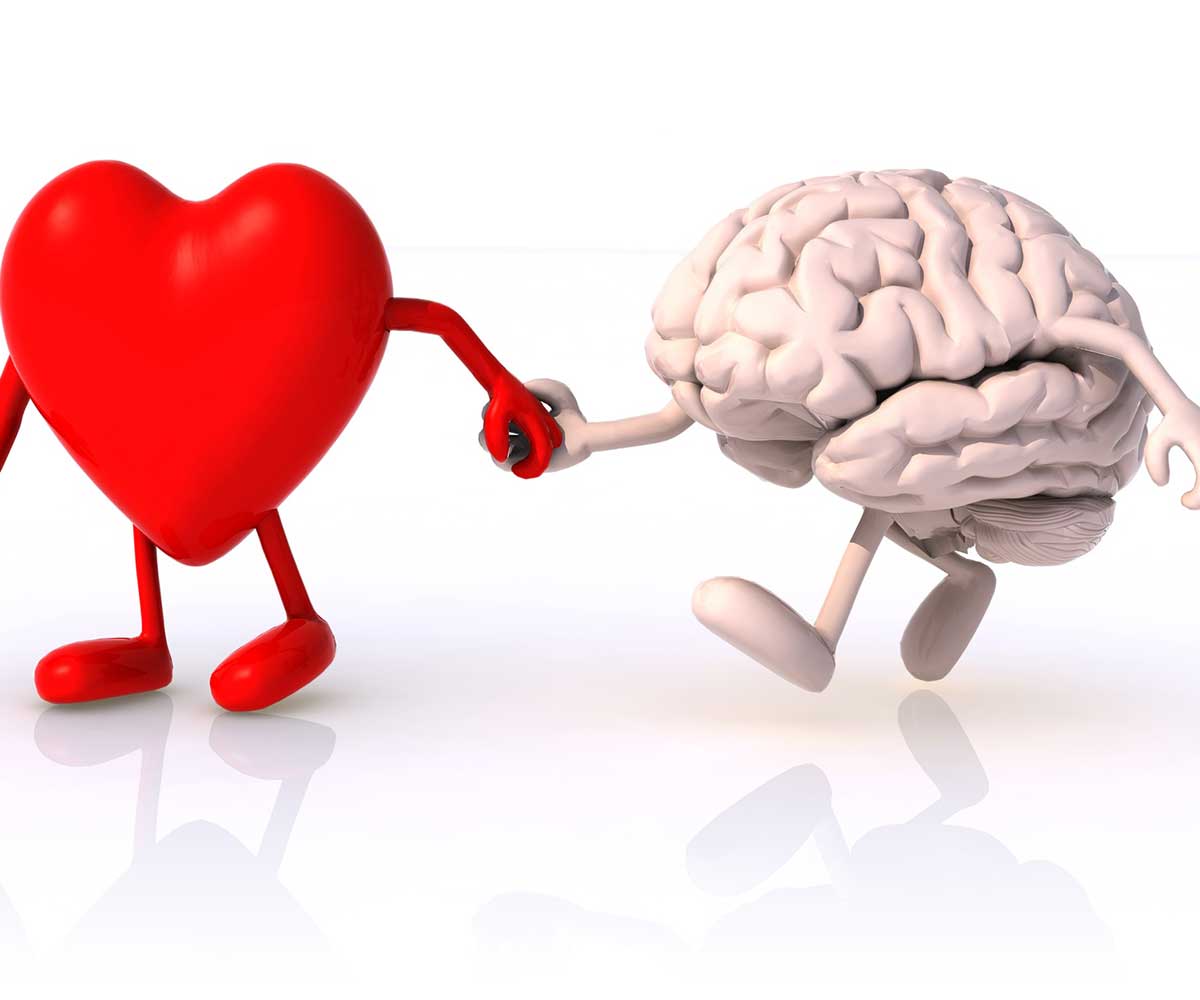Exercise does much more than just burn calories. The calories burned during exercise, unless you’re a professional athlete, make up a very small portion of our total calories burned for the day; what we eat has a much greater influence on our body weight. So why should we bother to exercise? The answer is that burning calories is just one of the many benefits of exercise – there are surprising benefits of exercise for heart and brain health.
For example, in the chapter titled “Nutritional Excellence, Not Drugs” in my book, The End of Heart Disease, I discuss how exercise is an important component in attaining excellent health: “When you change to a Nutritarian diet-style, cut the salt out of your diet, exercise regularly, and lose weight, you remove inflammation, reduce atherosclerosis, and eliminate the inflammation of the endothelium. In other words, the causes of high blood pressure are eliminated, and the blood vessels begin to heal themselves.”
The benefits of exercise affect all parts of the body, including:
The Heart
- Regular physical activity reduces the risk of coronary heart disease and diabetes by 30-50%.1
- When you exercise, your heart muscle is getting a workout, too. Over time, the heart becomes more efficient, allowing the resting heart rate to decrease – beneficial, since a high resting heart rate is a risk factor for cardiac mortality.2-3
- Regular exercise helps to increase the production of nitric oxide, a key regulator of blood pressure. In addition to reduced blood pressure, this results in improved blood flow to skeletal muscle and the heart.4-5
The Brain
- Exercise is a natural mood elevator, shown to be just as effective as (and of course much safer than) anti-depressant drugs.6-10
- Physical activity has been consistently linked to cognitive abilities and mental alertness.6 In older adults, regular walking was shown to decrease the risk of cognitive impairment,11and strength training also produces cognitive benefits.12
The Whole Body
- Muscle strength is the best predictor of bone strength – exercise protects against osteoporosis.
- Exercise is associated with decreased risk of colon, breast, and prostate cancers, and this is thought to be in part due to effects on the insulin-like growth factor 1 (IGF-1) system.13
- Exercise builds up the body’s antioxidant defenses.4
- Exercise enhances sleep.14-15
- Exercise protects against chronic inflammation.16
References:
- Bassuk SS, Manson JE. Epidemiological evidence for the role of physical activity in reducing risk of type 2 diabetes and cardiovascular disease. J Appl Physiol 2005;99:1193-1204.
- Duncker DJ, Bache RJ. Regulation of coronary blood flow during exercise. Physiol Rev 2008;88:1009-1086.
- Verrier RL, Tan A. Heart rate, autonomic markers, and cardiac mortality. Heart Rhythm 2009;6:S68-75.
- Kojda G, Hambrecht R. Molecular mechanisms of vascular adaptations to exercise. Physical activity as an effective antioxidant therapy? Cardiovasc Res 2005;67:187-197.
- Brown MD. Exercise and coronary vascular remodelling in the healthy heart. Exp Physiol 2003;88:645-658.
- Medina J: brain rules. Seattle, WA: Pear Press; 2008.
- Hyman M: The UltraMind Solution. New York, NY: Scribner; 2009.
- Gill A, Womack R, Safranek S. Clinical Inquiries: Does exercise alleviate symptoms of depression? J Fam Pract2010;59:530-531.
- Uebelacker LA, Epstein-Lubow G, Gaudiano BA, et al. Hatha yoga for depression: critical review of the evidence for efficacy, plausible mechanisms of action, and directions for future research. J Psychiatr Pract 2010;16:22-33.
- Saeed SA, Antonacci DJ, Bloch RM. Exercise, yoga, and meditation for depressive and anxiety disorders. Am Fam Physician 2010;81:981-986.
- Erickson KI, Raji CA, Lopez OL, et al. Physical activity predicts gray matter volume in late adulthood: the Cardiovascular Health Study. Neurology 2010;75:1415-1422.
- Davis JC, Marra CA, Beattie BL, et al. Sustained Cognitive and Economic Benefits of Resistance Training Among Community- Dwelling Senior Women: A 1-Year Follow-up Study of the Brain Power Study. Arch Intern Med2010;170:2036-2038.
- American Institute for Cancer Research: The Exercise Factor.
- Atkinson G, Davenne D. Relationships between sleep, physical activity and human health. Physiol Behav2007;90:229-235.
- Montgomery P, Dennis J. Physical exercise for sleep problems in adults aged 60+. Cochrane Database Syst Rev2002:CD003404.
- Mathur N, Pedersen BK. Exercise as a mean to control low-grade systemic inflammation. Mediators Inflamm2008;2008:109502.
Joel Fuhrman, M.D. is a family physician, New York Times best-selling author and nutritional researcher who specializes in preventing and reversing disease through nutritional and natural methods. Dr. Fuhrman is an internationally recognized expert on nutrition and natural healing, and has appeared on hundreds of radio and television shows including The Dr. Oz show, The Today Show, Good Morning America, and Live with Kelly. Dr. Fuhrman’s own hugely successful PBS television shows, 3 Steps to Incredible Health and Dr. Fuhrman’s Immunity Solution bring nutritional science to homes all across America.




